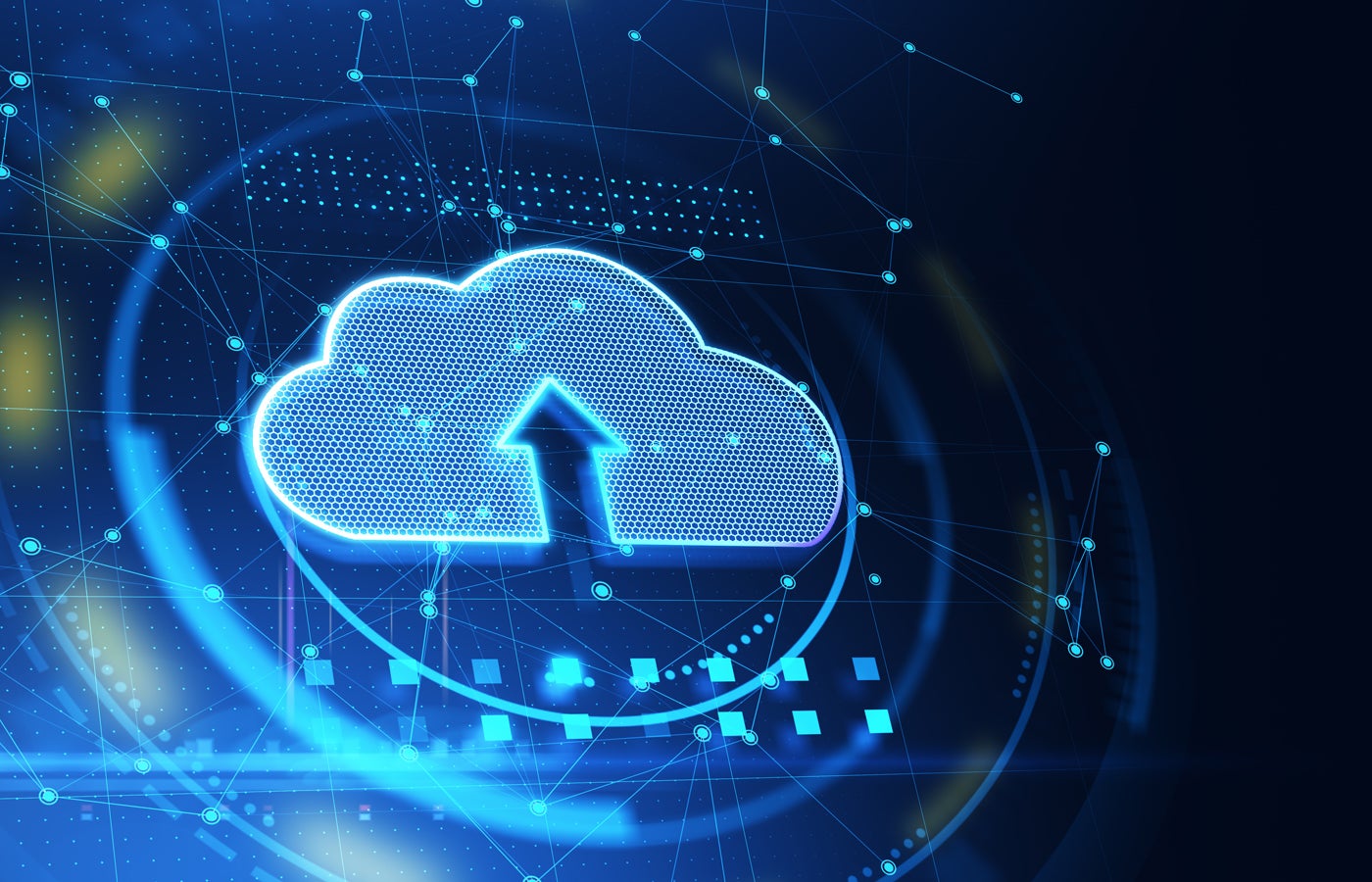The profound and sustained rise of NoSQL cloud databases, like Amazon DynamoDB, MongoDB and Apache Cassandra, marks a significant change in how organizations manage vast and varied datasets. There’s nothing wrong with the traditional relational database management system. In fact, many NoSQL databases have added support for SQL-style queries.
But in a world where enterprises are deluged by unstructured data from mobile, social, cloud, sensors and other sources, NoSQL is simply better. And compared to an RDBMS, it’s better at managing massive amounts of unstructured data, horizontal flexibility and schema flexibility.
That said, NoSQL databases are more flexible when it comes to data organization and are easier to use when dealing with unstructured data. Therefore, choosing between relational and NoSQL cloud databases will come down to your needs in terms of schema structure (type of data), data organization, scaling needs and other factors that we examine below.
Relational database vs. NoSQL database: Comparison table
| Database type | Schema structure | Scaling approach | Data organization | Transaction properties | Ease of use (Unstructured data) |
|---|---|---|---|---|---|
| Relational | Pre-defined | Vertical | Structured | ACID Compliant | Moderate |
| NoSQL | Schema-less | Horizontal | Flexible | BASE Compliant | Easy |
NoSQL database
A NoSQL database is designed for high operational speed and flexibility in the types of data stored and how it is structured. They are primarily used for large sets of distributed data and are particularly effective when dealing with big data and real-time applications.
SEE: Non-relational databases find an audience in the rising database market.
Unlike relational databases, NoSQL databases are specifically built to handle rapidly changing unstructured data, making them ideal for organizations dealing with dynamic and varied data formats.
Pros
- Scalability: NoSQL databases’ ability to scale horizontally makes them ideal for handing vast amounts of data across.
- Data modeling flexibility: Because they are schema-less, NoSQL databases are ideal for various types of data formats, such as document stores, key-value stores, graph databases and more.
- High availability: Designed for distributed environments, NoSQL databases offer robust solutions for maintaining high availability — critical for continuous operations.
- Ease of use: In terms of managing unstructured data that doesn’t fall within the rigid structure of relational databases, NoSQL databases are more user-friendly.
- Performance with unstructured data: NoSQL databases are highly adept at managing unstructured and semi-structured data, offering high performance in different scenarios.
- Cost-effective at scale: NoSQL databases tend to be more cost-effective, especially in cloud environments, when compared to traditional relational databases.
Cons
- Learning curve due to lack of standardization: Unlike relational databases that use the unified SQL, NoSQL databases have distinct and unique query languages required for database professionals to learn and understand.
- Complexity in data consistency: Due to the distributed nature and eventual consistency model of NoSQL, achieving data consistency is often more complex.
- Limited transactional support: NoSQL databases often do not provide full atomicity, consistency, isolation and durability transaction support, which can be a limitation for some applications.
- Challenges with backup and recovery: The distributed architecture of NoSQL databases can complicate backup and recovery processes, requiring more sophisticated strategies compared to RDBMS.
Relational database
Relational databases have been around for much longer. Unlike NoSQL databases, they store and provide access to data points that are related to one another. RDBMSs are built on a model that uses a structure of tables linked by defined relationships expressing dependencies between the data.
PREMIUM: Finding the right database administrator is key to building effective databases.
Primarily, relational databases are used for data storage and retrieval operations in applications where data accuracy, consistency and integrity are paramount. They are the backbone of a wide array of business applications.
Pros
- Strong consistency: Relational databases are known for their strong consistency models. They are reliable and have predictable data transactions — a critical requirement for many business applications.
- Structured data integrity: Relational databases excel at maintaining the integrity of structured data, with a well-defined schema that enforces data types and relationships.
- Mature and standardized: RDBMS technologies are mature with established standards, notably SQL.
- Robust transactional support: Relational databases offer robust support for ACID transactions, which is vital for applications that require high levels of data accuracy and reliability.
- Advanced security features: RDBMSs often come with advanced security features and access controls.
- Comprehensive tooling and support: Due to their long-standing presence in the market, relational databases have a wide range of tools, extensive documentation and strong community and vendor support.
Cons
- Scalability challenges: Scaling a relational database typically requires vertical scaling — adding more powerful hardware — which is costly and has its limits.
- Rigid schema design: The predefined schema of an RDBMS can make it less flexible in accommodating changes in data structure. Significant effort is needed to modify existing schemas.
- Performance issues with large data volumes: RDBMSs can face performance bottlenecks when dealing with very large volumes of data or high-velocity data, such as that found in big data applications.
- Complexity in handling unstructured data: Relational databases are not inherently designed to handle unstructured or semi-structured data.
- Cost- and resource-intensive: Maintaining and scaling an RDBMS can be resource-intensive and costly, especially for large databases requiring high-performance hardware.
Choosing between a relational and a NoSQL cloud database
With their strong consistency, structured data integrity and transactional support, relational databases are ideal for situations where data integrity and order are paramount. They prove useful in scenarios requiring complex queries and precise data management. However, they face scalability challenges and are less flexible when the data constantly undergoes rapid changes.
In contrast, NoSQL databases offer unparalleled scalability and flexibility in data modeling. NoSQL databases are also more adept at handling unstructured data, making them suitable for applications that require rapid development and the handling of large volumes of diverse data types.
However, before you make the decision to migrate to NoSQL, you should note that, while they excel in scalability and flexibility, NoSQL databases often have a steeper learning curve due to the lack of standardization and may present challenges in ensuring data consistency and transactional support.
Top relational and NoSQL cloud databases to consider
No two relational or NoSQL cloud databases are the same. They are all unique and work best with particular use cases. Below are some databases to consider for your organization.
NoSQL databases
- Amazon DynamoDB is best for organizations or projects that demand a highly reliable and scalable NoSQL database with minimal maintenance needs. It is commonly deployed in web applications, games, mobile apps, Internet of Things and numerous other applications.
- MongoDB Atlas is a fully-managed cloud NoSQL service. It works best in applications that require a flexible schema for diverse and rapidly changing data formats, particularly in web and mobile applications and IoT.
- Apache Cassandra is a good bet if you have a scenario that demands high flexibility and fault tolerance. It has been successfully deployed across multiple data centers and real-time big data applications.
- Couchbase is your go-to NoSQL database if you deal with interactive applications that demand high throughput and low latency, such as mobile and edge computing.
Relational databases
- Oracle Cloud is best for large-scale enterprise applications requiring robust performance, security and reliability.
- Microsoft SQL Server is ideal for organizations looking for a comprehensive relational database solution with strong integration with Microsoft products and services.
- PostgreSQL is well-suited to organizations seeking an open-source RDBMS with a strong emphasis on standards compliance and extensibility.

